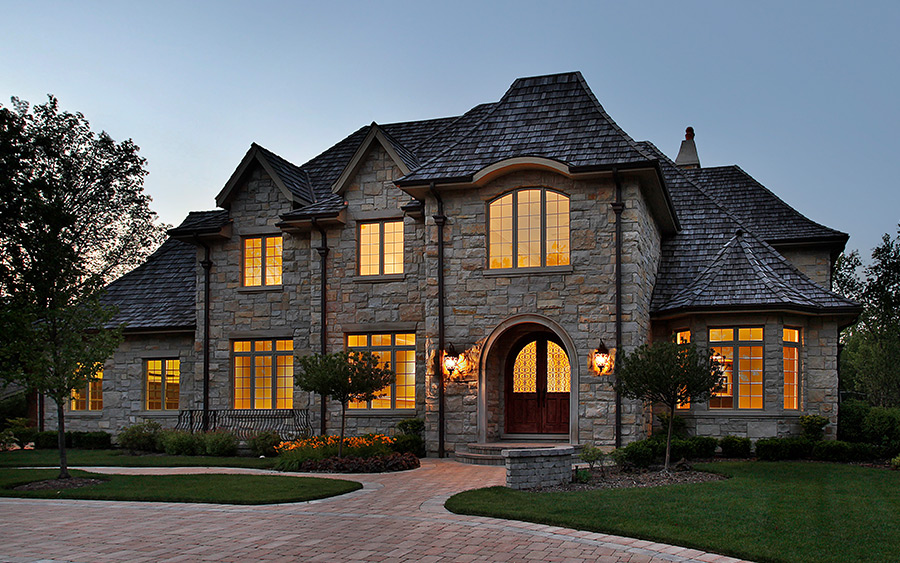Installing window film to your residential or commercial space holds many benefits, including blocking UV light, helping to maintain an ideal temperature, and providing excellent shatter protection.
Above all this, however, many people consider window film solutions for the sole purpose of privacy; windows films are great at blocking out curious eyes from peeping into your business.
Depending on your privacy requirements, you can choose from a wide variety that will help you ensure the privacy of your space. These include security window film, solar window film, privacy mirror window film, frosted appearance window film, and blackout window film.
One of the most popular choices among these different options is mirror window film, more commonly known as one-way window film, which offers excellent privacy by reducing visibility via a mirrored finish.
As professional window film installers, a common question people ask us, when considering one-way window film is: does one-way window film work at night?
In this post, we answer this question once and for all.
Does one-way window film work at night?
The answer is a definite no—commercial one-way window film solutions are great at improving privacy during the daytime but not suitable if you’re looking for a window film solution for nighttime privacy.
One-way window film solutions are designed to work on the light balance principle, meaning they block visibility on the side exposed to bright light, making that side reflective. During the daytime, the outer layer of the window film is exposed to daylight, blocking the view from outside but still giving you an outside view.
During the night, however, this situation is reversed. As natural light recedes and light bulbs inside your home come into effect, privacy mirror film solutions make the outside of your windows transparent and block visibility from the inside, making them a bad choice for nighttime privacy.
In fact, no window film solution provides two-way privacy while offering visibility. Modern window film innovations like smart glass window film do provide privacy and visibility, but are mutually exclusive, meaning you can’t enjoy both at once.
What can you do to ensure privacy at night?
If you prioritize daytime privacy and want to install privacy mirror film in your space, installing blinds or curtains is the simplest and cheapest way to ensure nighttime privacy.
There are, however, other alternatives if you want to ensure around-the-clock privacy in your space.
Installing frosted window film
As the name suggests, frosted window film gives your windows a frosted glass appearance. Although this window film allows light to travel through the window, it refracts the light across the whole window and blocks a detailed view. Frosted window film solutions can be found as one-way or two-way frosted options.
Installing blackout window film
Unlike privacy mirror film or frosted window film, both of which let some light through, blackout window film blocks 99% of the visible light spectrum and prevents visibility from both inside and out.
Keep in mind, however, that a blackout window film solution can darken your space significantly; you may need to keep your lights on for most of the day.
Things to consider when installing one-way window film
You need to consider a few things before committing to installing one-way window film in your residential or commercial space.
Privacy mirror window film is most effective when they are exposed to direct sunlight during the day. The effectiveness of privacy mirror film solutions may reduce if your windows face north or get blocked by trees or other obstructions.
Moreover, one-way window film is not suitable for bedrooms, bathrooms, and other areas where privacy is a priority at all times.
Finally, if you decide to install privacy mirror film in your space, it is recommended to install the film on the inside of your windows to increase the lifetime of the film.
Consider all pros and cons of one-way window film before installing
So, does one-way window film work at night? Well, like all window film solutions, one-way window film has distinct advantages and disadvantages. Carefully consider all of them, and compare them against your requirements before installing this window film solution.


